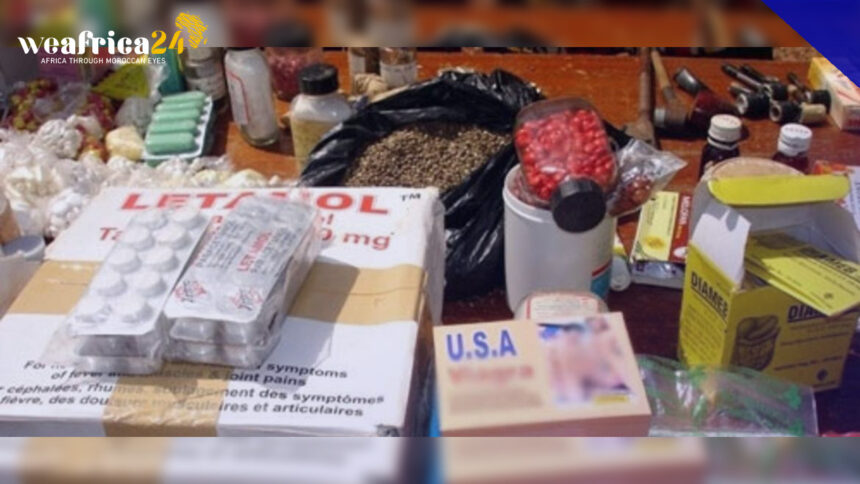In its 2023 report published on Monday in Niamey, the United Nations Office on Drugs and Crime (UNODC) said that drug trafficking continues to flourish in the Sahel due to non-state armed groups.
According to the UNODC report, the quantities of cocaine seized in the Sahel – Mauritania, Mali, Burkina Faso, Niger, and Chad – jumped last year from 13 kg per year between 2015 and 2020 and 35 kg in 2021 to 863 kg in 2022.
The report revealed that the largest seizures were made in Burkina Faso (488 kg), Mali (160 kg), and Niger (215 kg) and “are probably just the tip of the iceberg of much larger undetected flows”.
In most Sahelian countries, drug trafficking is organized “by profit-oriented criminal groups”, the report notes.
These armed groups, which have joined traditional drug trafficking networks, finance themselves by paying taxes and other fees in exchange for protection or safe passage through the areas they control.
For years, Mali, Niger, and Burkina Faso, three of the world’s poorest countries, have had to contend with armed bandits and jihadist groups linked to al-Qaeda and the Islamic State in the Greater Sahara (EIGS).
The panel of experts on Mali, quoted in the report, points out that armed groups of various allegiances have been involved in transporting shipments of drugs, including cocaine and cannabis resin, illustrating that illicit markets provide them with financial resources.







